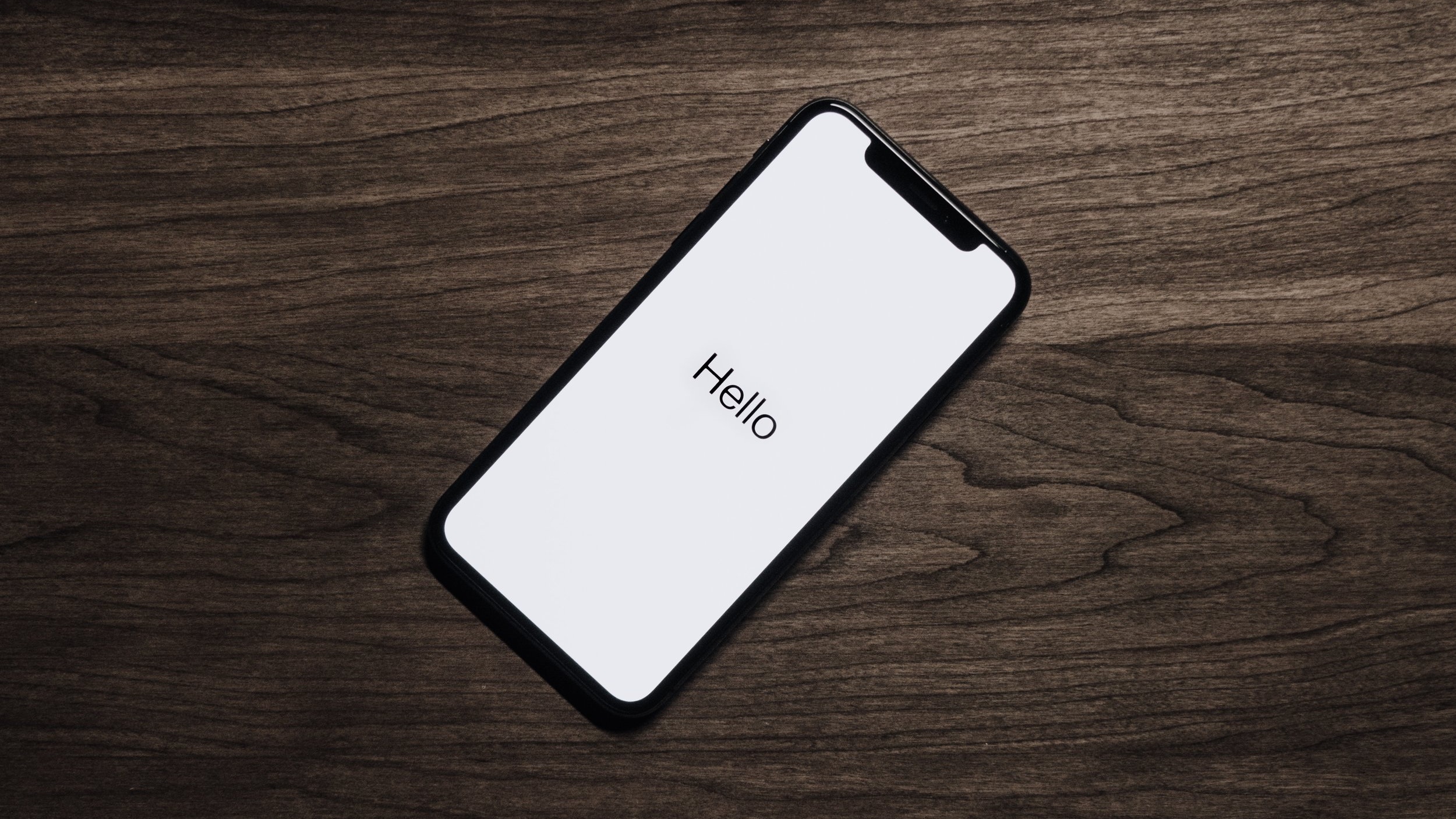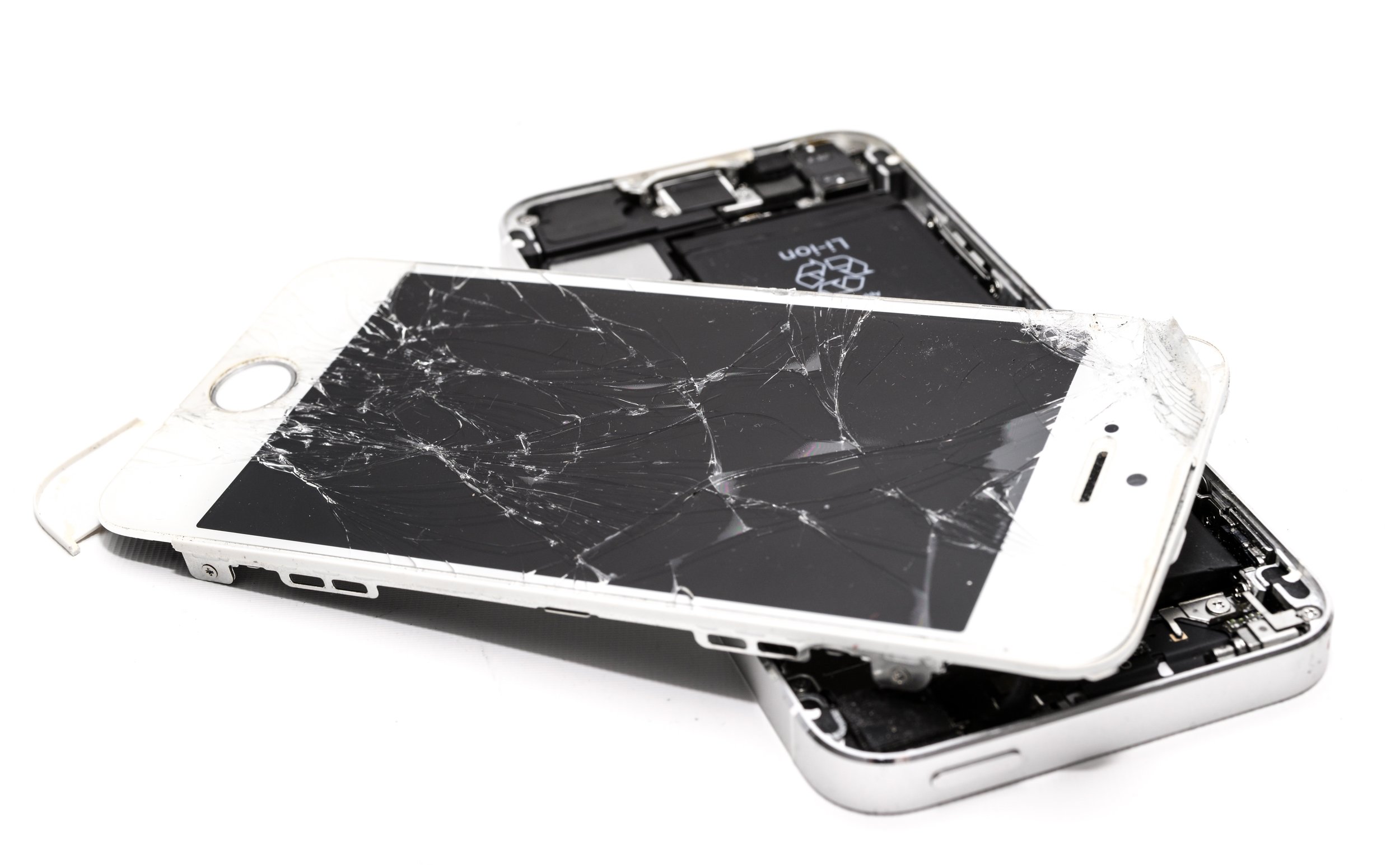Why Smartphones Will Not Replace Professional Cameras
So, I think it’s safe to say the reign of the classic point and shoot digital camera that Aunt Margaret brings to all the family dinners is a thing of the past… well maybe not for Aunt Margaret. And then there’s Uncle Leonard off in the corner talking about how great his Samsung Galaxy has been. “Well you see, I just do everything on this thing and the photos are just as great as my wife’s digital camera” he describes. Well, Uncle Leonard definitely seems like he’s onto something. After all, in this crazy first world we live in we seem to consistently be wanting more for less. The ability to be able to do more, be more productive, and achieve higher quality all in a smaller package and in a more efficient fashion. Good thing smartphones like Uncle Leonard’s Samsung Galaxy exist, cause they’re frickin amazing at doing that.
The smartphone market today is booming. And the camera tech industry in smartphones is growing everyday. Global businesses like Apple, Samsung and Huawei are multinational tech companies pouring a ridiculous amount of money into their smartphone camera development and it’s pretty clear to see the progression. Let’s also take a look at a few manufacturers of smartphone accessories. DJI is making gimbals for your smartphone, Moment has a lineup of quality lenses to attach onto your smartphone, and there are easily hundreds of different underwater smartphone housing solutions. Seems to me like your current-day smartphone can handle the role of what a specialized professional system could 10 years ago, right?
The smartphone industry is definitely on the move. It’s taken over the point and shoot camera market, has replaced camcorders, radios, GPS’s, and several handfuls of other useful tools used in the past decade. I’m sure for several people, it’s even replaced their laptop altogether. Just based on trends, it’s easy to believe that smartphones will soon replace the modern day professional DSLR/mirrorless camera. I’ve spent years at a job particularly exchanging outlooks with people from all over the world as to why they think their phone is “good enough.” So, I’ve hand picked several points that are some reasons why I believe smartphones will not be replacing your professional camera.
1. Most smartphone consumers don’t care.
Alright, so I’m not saying everyone is like Aunt Margaret or Uncle Leonard, but I’ve been around the block enough to confidently say that most consumers with a smartphone could care less about how technically advanced the lens is on their phone. Honestly, I bet you the average dude watching a youtube ad on the new Google Pixel 3 showcasing it’s 12.2 megapixel dual pixel phase-detection lens with its f/1.8 aperture and electronic IS is not going to understand what any of that means. Pumping out camera tech numbers in ads is most likely flying over most people’s heads. I’d say the mass market cares more about things like battery life, user-interface, app availability, storage, and sadly, color options. Ya, it’s great to have a good camera on a smartphone, but it’s gotten to a point where it’s enough to get the job done and consumers wont be wanting to spend a premium to get enhanced camera features. After all, smartphones are all about ease of use, simplicity and efficiency.
2. Cost of smartphone + third party accessories = cost of an actual camera.
Hey, remember when you could get the newly released iPhone 4 for a few hundred bucks without signing a contract? Guess what, cover your ears because it’s 2019 and the iPhone XR starts at $1,520 CAD, the Samsung Galaxy S9+ starts at $1,100 CAD, and the Huawei Mate20 Pro starts at $1,200 CAD. Just for fun, I went to the Apple Canada website and built up the highest end iPhone currently on the market, added on Apple care, and it quoted me with the price of, wait for it… $2,517.76 CAD. Yup. That’s one pricey Instagram and email checking device. Now let’s say you decide to purchase a bunch of attachable lenses for your new iPhone, and a gimbal for some smooth action filming. You’re looking at over $3000 now. I’m going to stop here and just say, for 3 grand you can purchase a decent professional DSLR or mirrorless camera setup, capable of capturing better photos than any iPhone.
3. Purchasing a new smartphone doesn’t teach you how to be a photographer.
Seems silly that this would be brought up, but you’d be surprised how many individuals I’ve come across that don’t see this through. There’s this thing called going to photography school and taking classes. There’s also the people that work for years perfecting their style. These people are photographers. They have a trained eye. Buying the new Huawei Mate20 Pro that comes with three lenses installed does not make you a photographer. I’m not saying these smartphones can’t take great photos, and I’m certainly not saying that having a great camera on your phone can’t be a gateway tool for learning how to advance your photo taking skills. As a matter of fact, the average kid nowadays probably is going to start out their photography career with an iPhone. However, it takes years and years of learning things like composition, reading light, establishing angles, and capturing emotion. There seems to be a distinct line between those who understand the process of learning photography, and those who look away from the professionals and their gear because of their new “really good phone.” Even the fanciest of phones in the future won’t and shouldn’t trump the expertise and eye of a professional. Would you trust Uncle Leonard to shoot your wedding on his new phone? Neither would I.
4. Lack of manual controls
Let’s face it, touch screens are awesome. They are efficient, easy to use, and learning gestures takes no time at all. Even DSLR’s and mirrorless cameras come with them, because they enhance the experience. But it seems like smartphones nowadays are more screen than ever. Manufacturers have gotten rid of bezels and buttons almost altogether. Which is great… if it’s a smartphone. If you’ve ever used a professional camera you would know the importance of having buttons and dials in certain spots. It’s important being able to adjust things like shutter speed and ISO on the fly, and being able to quickly switch your focus point with the joystick. Almost all professional cameras place these manual controls in convenient spots so your fingers are already on them when you grip the camera. Your smartphone might have a neat “touch to focus” feature, but good luck trying to track with continuous focus, or adjust your drive mode in time to capture your dog jumping up in the air.
5. New photography gear invokes motivation and inspiration to shoot more.
To anyone who has been shooting for long enough, you would know about that amazing feeling when you get to try out a new lens for the first time, or shooting your first gig with that new camera bag, or that rush of unlocking new possibilities with that new ND filter. It’s the great feeling that keeps the nerdiness in us photographers. New gear. Honestly who doesn’t love new gear? It’s part of the whole fun of it, trying out different combinations with different lenses that offer different angles. Using studio lights to using natural light to using on camera-flash. The combinations and the way photographers create their work is open-ended and limitless. If all you had was a smartphone and you called yourself a full time photographer, I’d bet you’d go through a decent number of motivational slumps. No matter how great your phone is, you’d grow tired of using it day in and out for texting, email, social media and photography.
Other points of consideration:
Smartphones continue to get thinner = less room for larger image sensors
It looks unprofessional (and silly) shooting something of value with a phone
Cameras will also continue to get better alongside smartphones.
Smartphone lenses, despite how many of them are on a phone, can only cover a finite number of focal lengths. Optical zoom lenses on cameras can cover everything.
Smartphones and freezing temperatures do not mix well. Professional cameras can shoot through everything.










